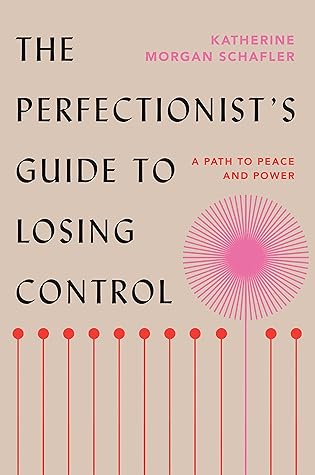More on this book
Community
Kindle Notes & Highlights
Read between
September 14 - September 29, 2024
Perfectionists are people who consistently notice the difference between an ideal and a reality, and who strive to maintain a high degree of personal accountability. This results in the perfectionist experiencing, more often than not, a compulsion to bridge the gulf between reality and an ideal themselves.
others don’t like them gets under the skin of this type of perfectionist, eclipsing their perspective and creating a loathsome experience of self-infantilization wherein the perfectionist feels like a needy child vying for attention and approval.
Parisian perfectionists care very much about how well they perform and what others think of them, but they feel a peculiar sense of embarrassment about how much they care.
Parisian perfectionists invest a great deal of emotional energy into everything they do; they want a commensurate emotional return on their investment (i.e., validation and connection) and can be left hurt and angry if they don’t get it.
Parisian perfectionists who haven’t yet discovered how to manage their perfectionism fail to articulate what they need or want.
Procrastinator perfectionists wait for the conditions to be perfect before starting. Dwelling in hesitation, they live alongside the void that forms within you when you don’t do the thing you most want to do.
She was living her life passively instead of actively, and the part that stung Layla the most was that she felt she was the architect of her own misery. The more self-aware a procrastinator perfectionist is, the more frustrated with themselves they are.
They see others whom they believe don’t have as much to offer shoot past them at work or with personal milestones, and it stings every time.
While change does always involve loss, not changing involves a much deeper loss.
unhealthy relationship to perfectionism: “All present life appears to him only a preparation.”[1]
Perfectionists never stop noticing the gulf between reality and the ideal, and they never stop longing to actively bridge the gap.
Ambition is not a universal trait. Some people are not interested in continually pushing themselves towards their highest potential or chasing an ideal.
Unlike perfectionists, some people can enjoy daydreaming about ideals without experiencing attendant pressure to work towards actualizing them.
They’re not haunted like you will be if you don’t give yourself the opportunity to grow into your best self.
Perfection is a paradox—you can never become perfect, and you already are perfect.
For women, perfectionism is a sickness that requires a lifelong recovery period.
A woman who wants more is ungrateful, a man who wants more is a visionary. A woman who seeks power is “power hungry,” a man who seeks power is an “alpha male.” These narratives are boring and raggedy.
The tension of perfectionism emerges from the constant clashing between the two most fundamental aspects of your identity—you’re a full-of-flaws human with significant limitations and you’re a perfect being with unlimited potential.
Reconciling the backseat fighting between your limits and your potential is the underlying challenge of perfectionism.
Parisian perfectionists want ideal connection—their version of the ideal friendship, or ideal romantic partnership, or ideal connection to self, or ideal connections to colleagues, family, communities, perhaps all of the above.


